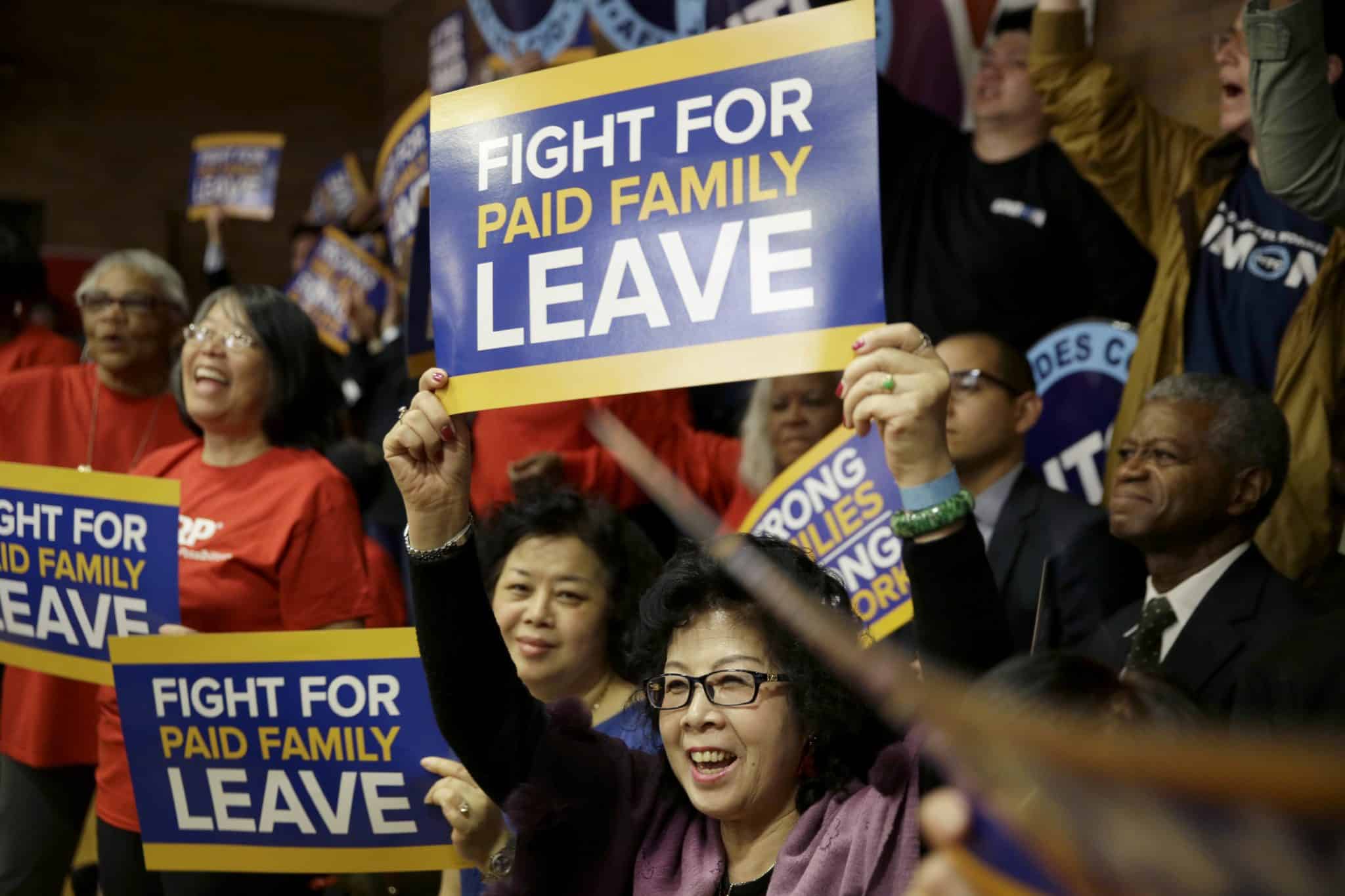Written by Erin Etnier
At one time or another, every one of us is impacted by a health emergency or life-changing event like the birth of a child.
These moments in our lives can be all-encompassing, even when the underlying event is a joyful one.
Ask any parent. Adjusting to life with a baby is rich with stress, especially for single mothers like me.
I am a single mom by choice. I gave birth to my son in May 2023.
As a teacher, I received no paid time off for his birth. But because I gave birth at the end of May, I was able to stay home with him through the summer.
Knowing that I did not want to leave my son at 3 months old, I took my 12 weeks of unpaid FMLA leave in the fall and returned to work after Thanksgiving.
I spent the full year before his birth squirreling away every cent I could save, even diverting the money I would have invested toward my retirement. I managed to save $12,000, no easy task.
However, it was nowhere near enough to support my son and me. It was gone, along with other savings, before it was time for me to return to work. Kids are expensive!
Thankfully, I have a very supportive family and was able to keep my head above water. Barely.
But here we are, my son just turned 2 in May, and I am still working to put myself back into a financial situation I’m more accustomed to and comfortable with.
It is not easy. With a monthly daycare bill of $1,650, there is not much left over to spend at the end of the month as I try to put a cushion back under my little family.
My story is not unique. Many parents want to take time off to care for their newborns but find it financially impossible to do so.
It doesn’t have to be this way. Many countries offer paid family leave for new parents. So do 13 U.S. states and Washington, D.C., including four of our neighbors, Delaware, Maryland, New Jersey, and New York.
Legislation before the state House of Representatives wants to add Pennsylvania to that list.
House Bill 200 would provide up to 20 weeks of paid family and medical leave for people who experience serious health conditions or life-changing events, like the birth, adoption, or foster placement of a child. Leave would also be available to victims of domestic violence.
This bill would give Pennsylvania parents like me peace of mind by allowing them to care for their newborns without going broke. It would also allow family members to provide critical care to elderly loved ones at home without having to risk their jobs or financial security.
It is no wonder that a March 2025 poll by Osage Research for Children’s First PA found that 81% of Pennsylvanians support a paid family and medical leave program.
It’s also a win for employers who want to hang on to great employees. Studies (here, here and here) show that women with limited paid family leave are more likely to leave employment after childbirth or a health emergency, while those with paid family leave are more likely to return.
I wouldn’t change anything about the first six months of my son’s life, but I know that not everyone can do what I did. It breaks my heart to think of new moms returning to work just six or seven weeks after giving birth.
We can do better — and we can do it in a way that benefits employees and employers, while keeping good people in their jobs.
The first step is for the state House and Senate to approve House Bill 200 and empower working Pennsylvanians to provide critical care to their families when they need them.
Erin Etnier is a teacher in the Norristown Area School District and leader in the Education Association of Norristown Area.






